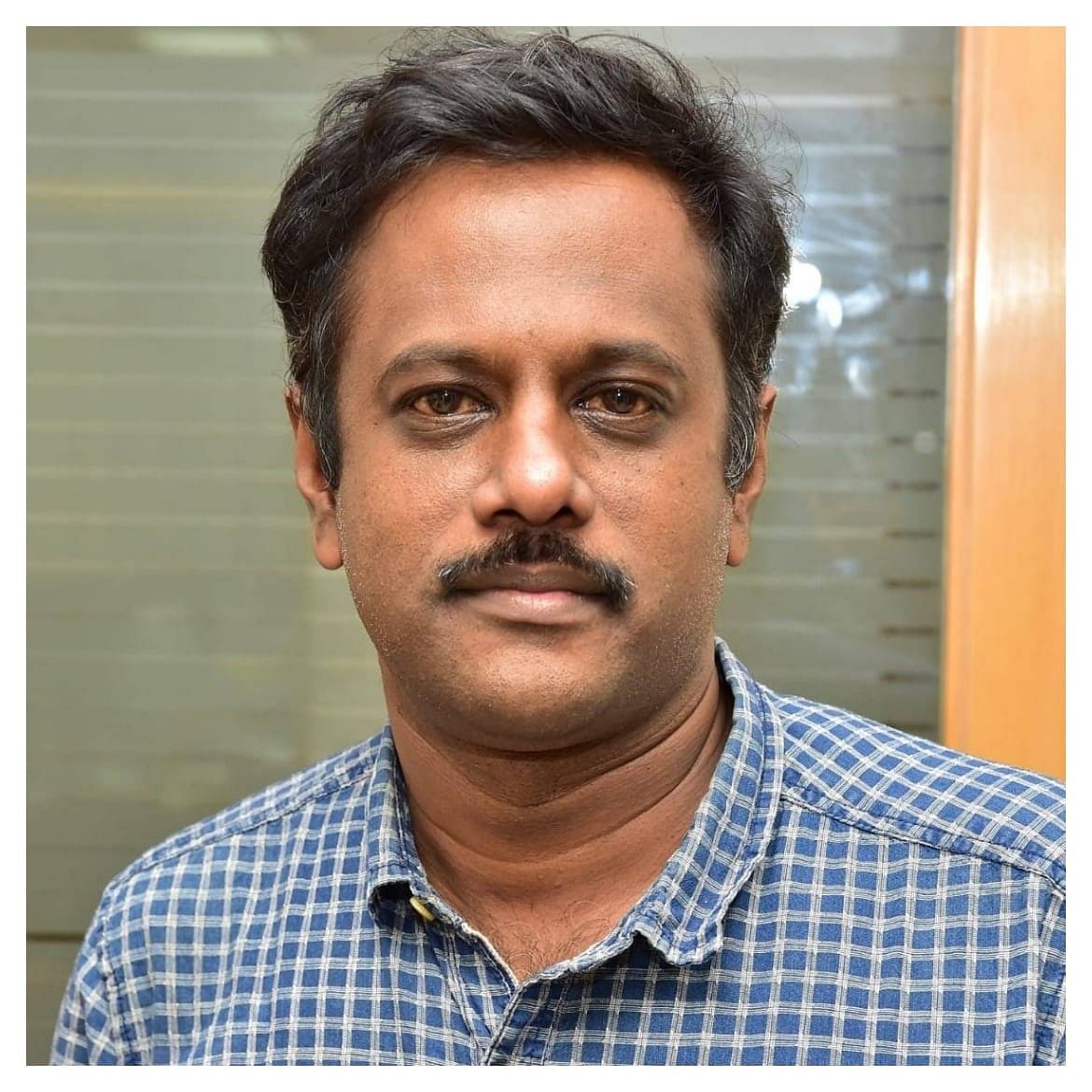Rights just a matter of time
The legal fight against Sec. 377 was a long and difficult one, and Anjali Gopalan and her Naz Foundation have been in the forefront of the fight for the LGBTQI community throughout. It was on a Naz Foundation petition that the Delhi high court first decriminalised gay sex in 2009, only to be overturned by the Supreme Court in 2013. But Anjali Gopalan, who spoke to DH’s Shemin Joy, kept at it until the SC, in a historic judgement on September 6, overturned its own earlier ruling.
The LGBTQ community has crossed the first step. How much further to get full rights of citizens?
What has happened is just the decriminalisation of consensual adult sex. Now, we have to talk about the rights. That will take a long battle and we will have to start it. I am not so clear how much the courts can do or whether Parliament has to act on issues like marriage rights. The fact is, the court has opened the doors by saying that everyone has equal rights as per the Constitution.
Do you think people are ready to accept LGBTQ as “normal” people?
The Supreme Court has made it very clear that it is not a medical condition. The Indian Psychiatrists Association has given a statement to that effect. Of course, it is not a medical condition or a disorder and people need to understand that. One good thing the court told the government was about educating people. We need to start training people to deal with such issues. We should start talking about training people, whether it should include teachers’ training, training of medical professionals, and so on. It is a matter of time, it takes time for a change in people’s attitude. It is good that we have a law and it helps in changing the attitude of people towards the issue.
Is there a change in people’s attitude, say compared to 2009, in 2018?
The 2009 Delhi High Court judgement was a very powerful statement. A lot of young people came out. There is a lot more visibility of the community. That in itself made a lot of difference. The fact is that the moment more young people came out and said we are what we are, accept us as we are, that actually made a difference.
What are the challenges you foresee?
I think the major challenge is to bring about a change in people’s attitude. Of course, the moment you start talking about the rights, the other challenge comes in. How to ensure the rights? But it is not something that is impossible. It has happened in other parts of the world, and it will continue to happen.
The government in its affidavit has insisted that if the court wants to say anything about the rights, it wants to be heard first. Do you think the government is ready for such radical changes?
If you think logically, can you decriminalise something and then say, you still don’t have rights. To me, that does not make sense. On what basis are you denying a whole bunch of people their rights? It is a matter of time.
One of the issues raised is that it will be an injustice to a child if she is allowed to be adopted by a same-sex couple. How do you respond?
Their argument is that because they are same-sex parents, they would not be able to provide a stable environment to a child. Heterosexual couples adopt, they have children, they have families. So, are you saying that heterosexual people don’t get divorced, that their children are not unhappy? We have so many single parents, there are so many parents who have created a mess in the lives of their children.
So, the fight is still on?
The fight is not over. Just the beginning. Now, it’s up to the community to take this forward. We need a larger coalition to bring about a change in mindset.
